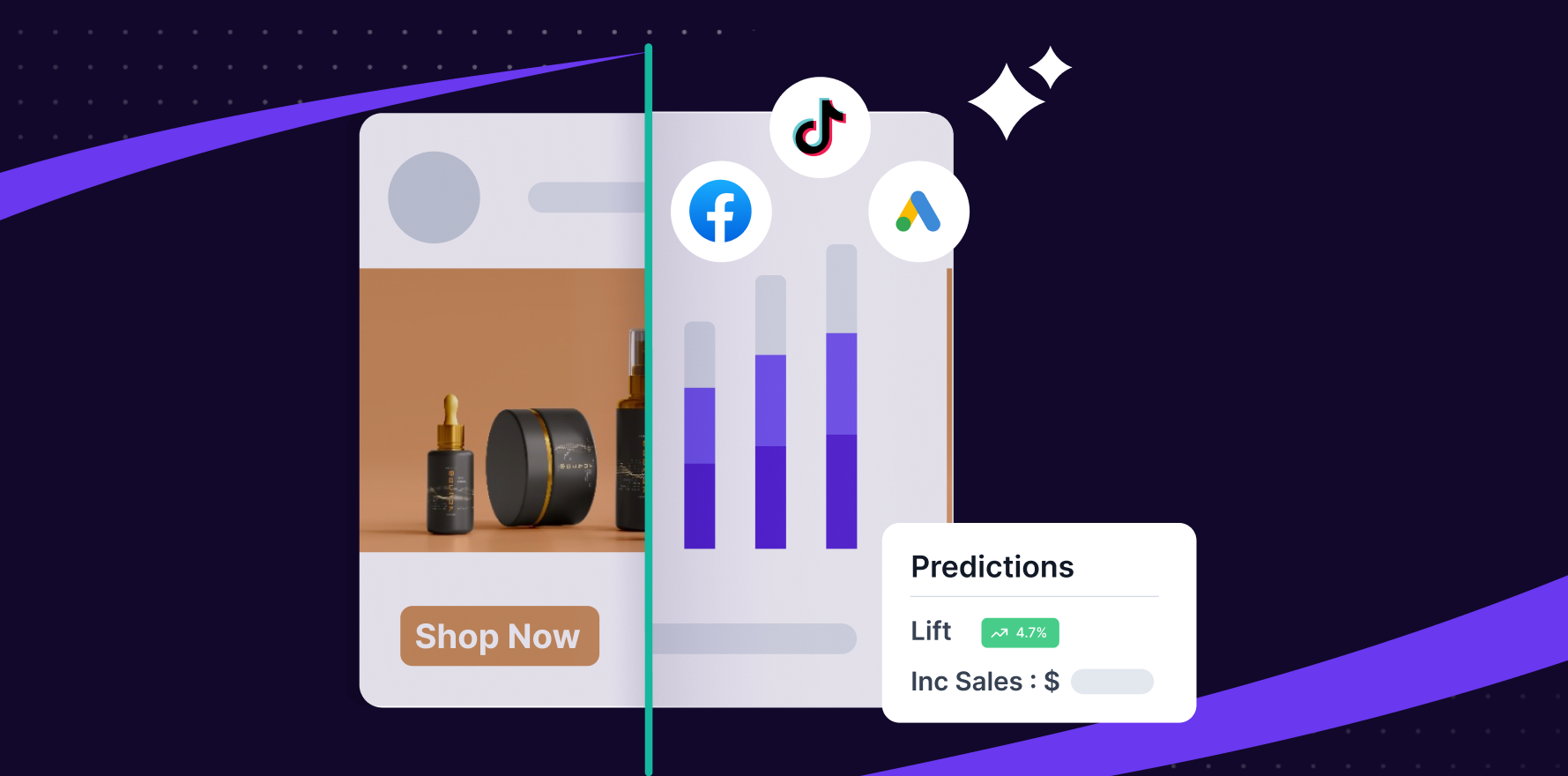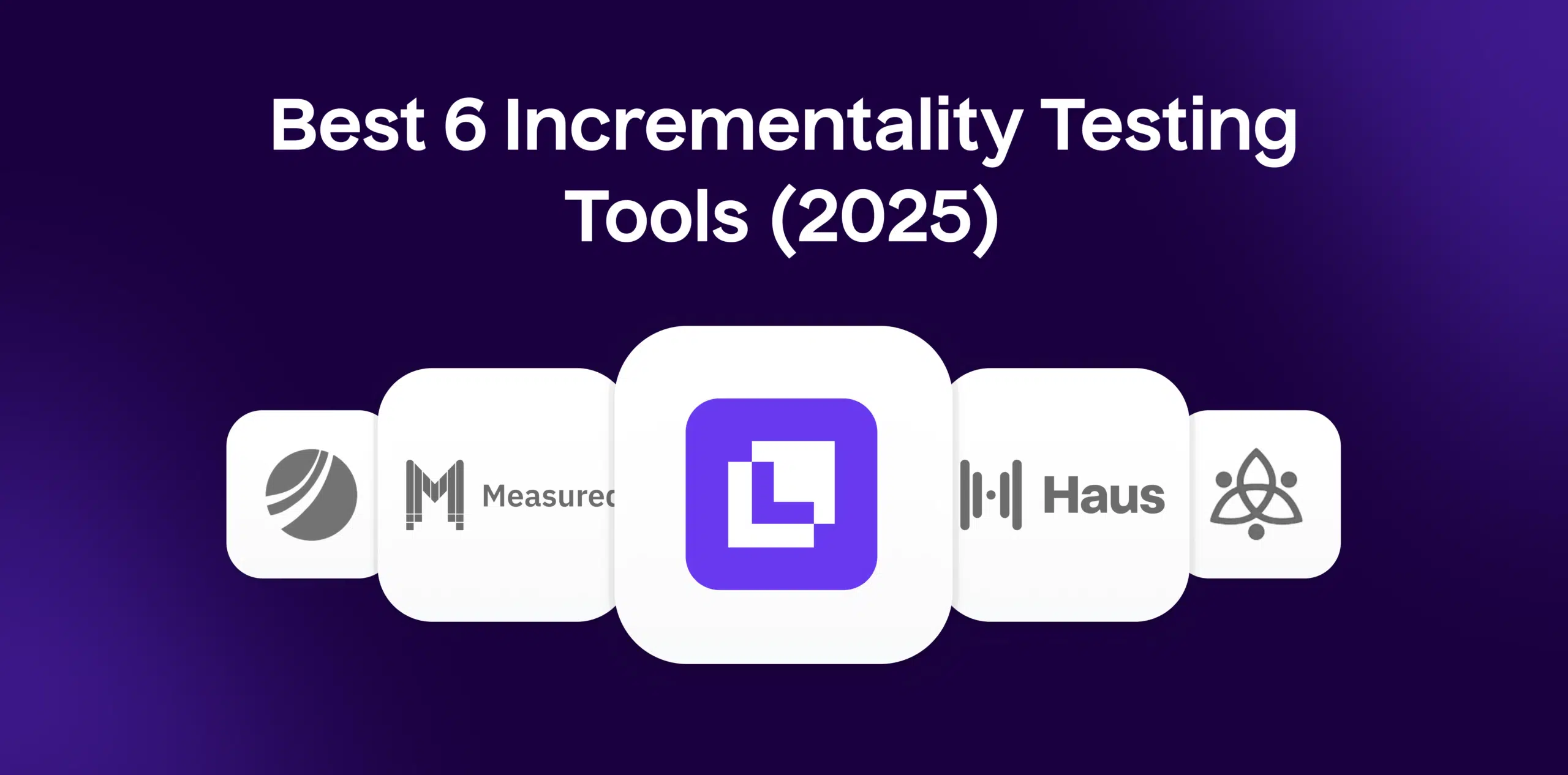What is Attribution Weighting?
Attribution Weighting can be seen as a system of recognizing the value of every touchpoint a user interacts with before converting on your website. It’s a method used by digital marketers to find out which channels, in a purchaser’s journey from the awareness stage to the final buying phase, are exceptionally effective. It is a critical component in comprehending and enhancing marketing initiatives because every interaction may not provide the same influence to customer conversion. The model allows you to allocate and divide credit between different marketing channels and strategies.
Formula
Example
For instance, with the Linear Attribution model, every touchpoint in the journey receives equal attribution. So, if a customer interacted with four touchpoints before making a purchase, each touchpoint gets credited with 25% of the attribution.
Why is Attribution Weighting important?
Attribution Weighting provides an understanding of which marketing initiatives work best for your brand. It allows businesses to identify the most beneficial marketing channels, assess their ROI, and adjust their marketing budget accordingly. It offers insights into the customer’s journey helping you improve your marketing strategies and customer retention rates.
Which factors impact Attribution Weighting?
Optimizing of Attribution Weighting can be achieved by diligently studying customer behavior and refining your attribution model. It’s crucial to consistently analyze and reassess your attribution strategies to adapt to changing trends in customer behavior and purchasing patterns. Some businesses might even use Machine Learning algorithms to adjust their attribution model to their unique customer journey.
How can Attribution Weighting be improved?
Several factors may impact Attribution Weighting, including customer behavior patterns, purchasing patterns, digital marketing channels, the type of industry, the marketing budget, and more. Changes in these factors often require an adjustment in the attribution model for accurate results.
What is Attribution Weighting’s relationship with other metrics?
Attribution Weighting significantly impacts eCommerce metrics like Customer Acquisition Cost (CAC), Customer Lifetime Value (CLTV), and Return on Ad Spend (ROAS). Improved attribution can lead to accurate assessment enhancing the efficiency and profitability of marketing campaigns, thus improving these metrics.
Free essential resources for success
Discover more from Lifesight














